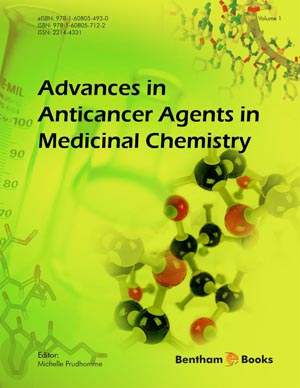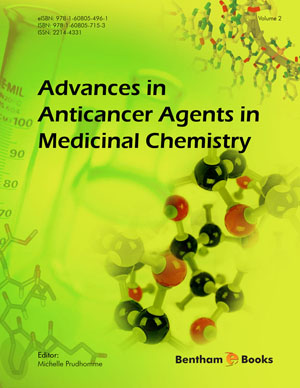Abstract
Hepatitis B virus (HBV)- or hepatitis C virus (HCV)- associated liver diseases are now one of the important health problems in the world because of the high numbers of patients and the serious consequences. Recently, however, relatively effective treatments with antiviral agents have become available. Interferon (IFN) and several nucleotide analogs (lamivudine, adefovir, entecavir and tenofovir) are now approved for treatment of HBV-associated liver diseases and they have been shown to be fairly effective. The goal of treatments for HBVassociated liver disease is to achieve a clinical cure in as short a period as possible without producing resistance mutation of the virus.
In the case of HCV-associated liver diseases, Pegylated IFN (Peg IFN) + ribavirin combination therapy is the standard and most effective treatment with a sustained response of 60-70%. The goal of the treatments for these liver diseases is to induce the complete eradication of the infected virus and at present new anti HCV drugs targeting the molecular segments of the virus are under development. It is expected that the complete eradication of infected virus will be possible in most cases in the near future.
Keywords: HBV, HCV, HDV, liver disease, anti-hepatitis virus agent




















